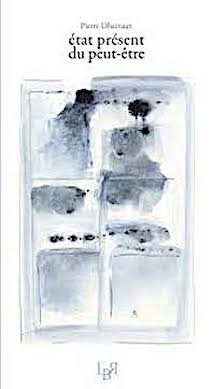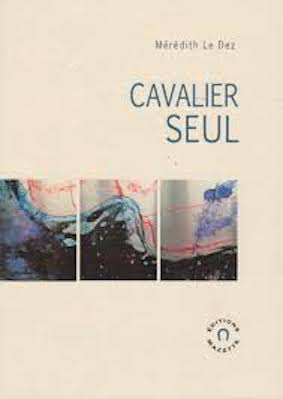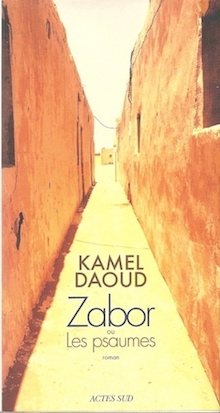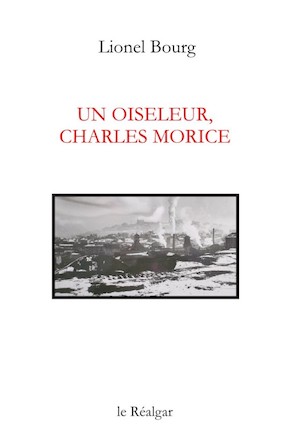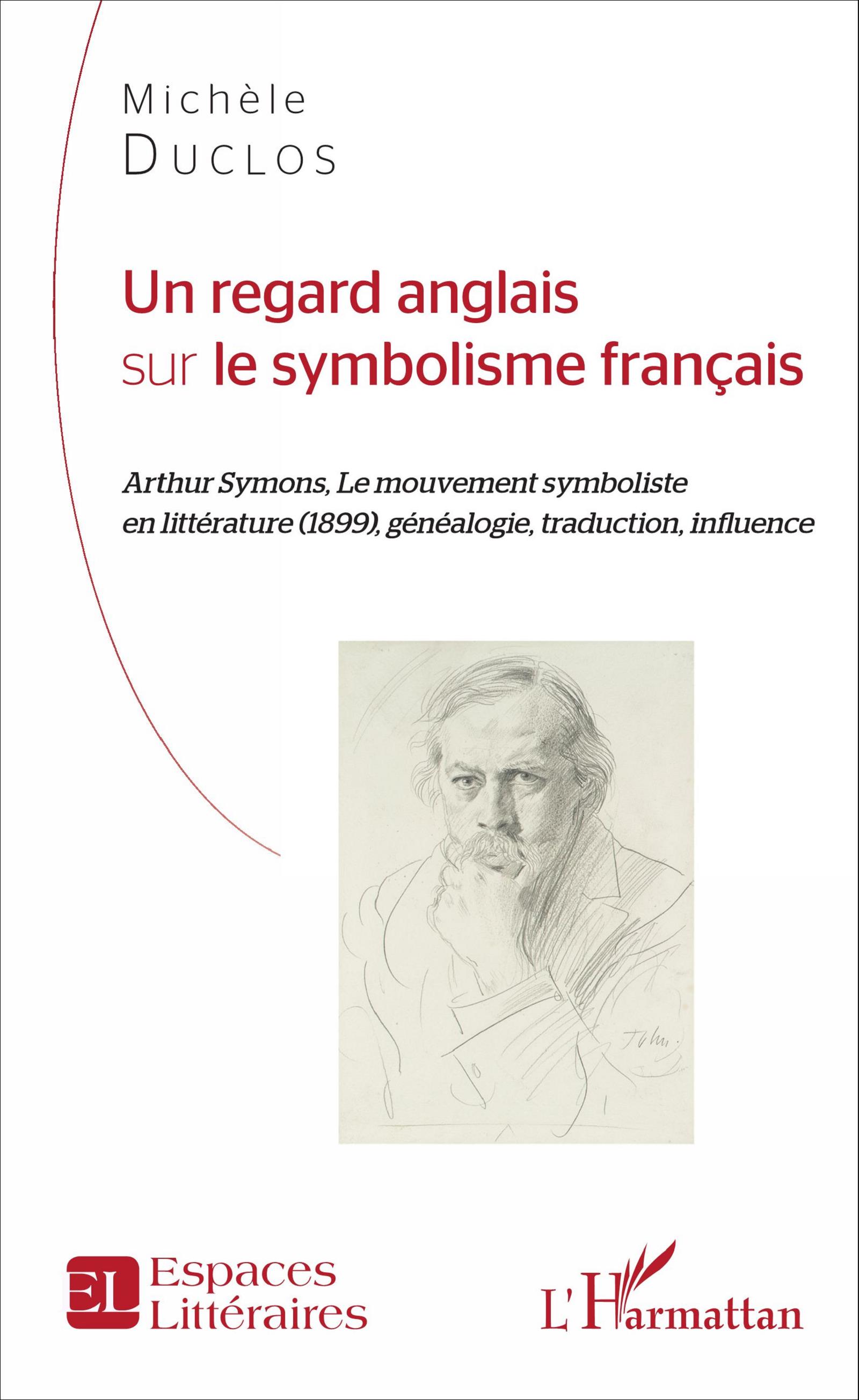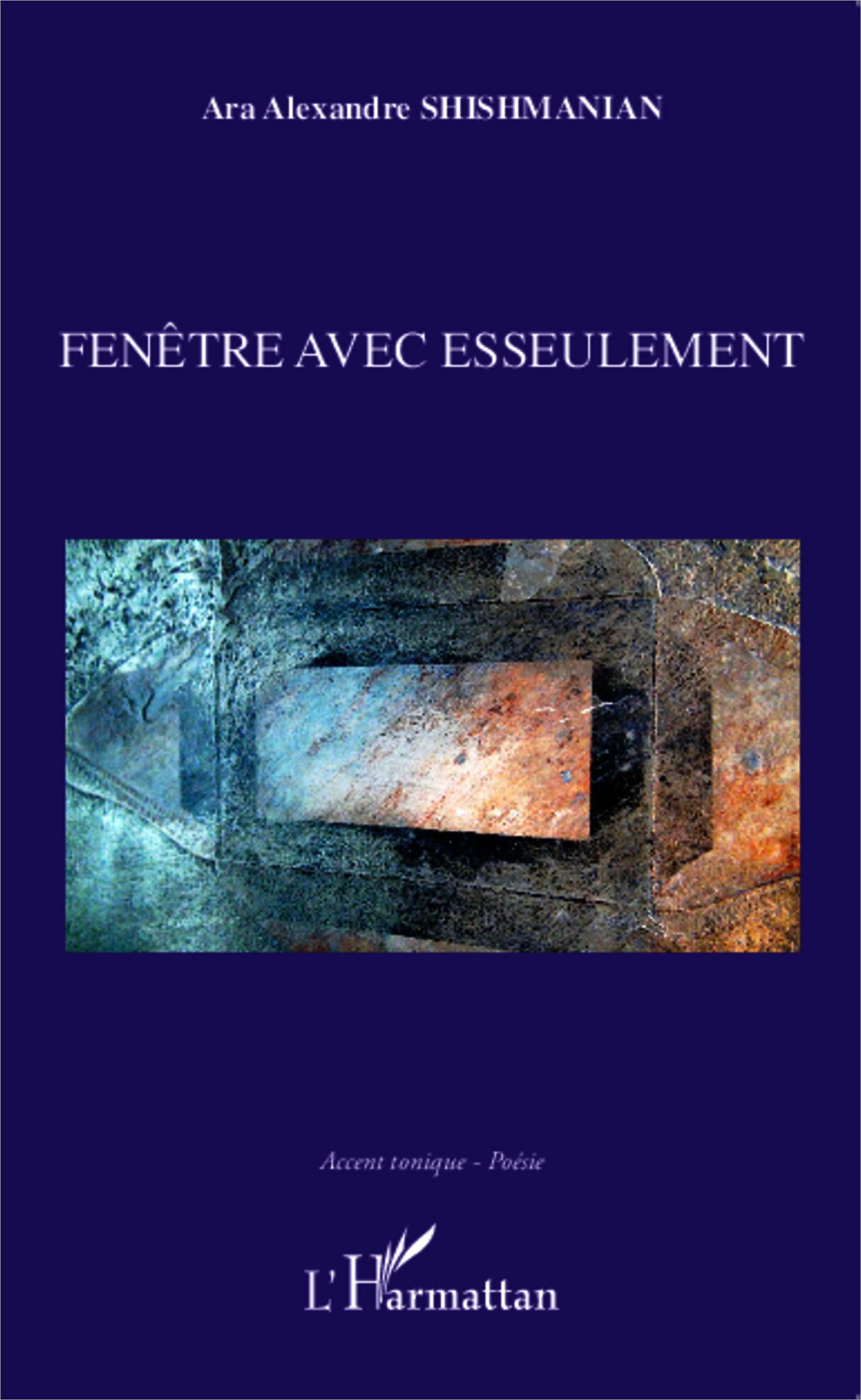Lors de la cérémonie d’investiture de Barack Obama comme président des Etats-Unis, le poète Elizabeth Alexander lut un poème. Le poète peut jouer ce rôle dans différentes cultures. Mais dans la vie quotidienne, et la plupart du temps, le poète est un marginal. Un bandit solitaire dans le désert. C’est ainsi en Europe, comme dans le reste du monde.
Nous autres, écrivains, sommes des solistes. Nous célébrons les mêmes vertus que les Bédouins : persévérance et générosité. Quelques poètes parmi les meilleurs connaissent la faim et la soif, la pauvreté héroïque et le désir. Il y a d’autres valeurs que les valeurs matérielles, et maintenir ce savoir est la tâche de la poésie.
Jamais auparavant dans l’histoire mondiale autant d’hommes n’ont été en exil — de nos jours, nous sommes tous des sortes des nomades. Tandis que paradoxalement, dans le même temps, prospère le nationalisme. Nous sommes poètes et résidons dans la république littéraire. Physiquement, nous sommes à Shangai, Bogota, Istanbul ou Copenhague, mais la poésie et notre patrie mentale et spirituelle.
La poésie n’est pas pour les chochottes. Il faut tenir à l’oeil ceux qui ont le pouvoir et parler des choses comme elles sont. Si la vérité était supprimée, les poètes seraient les premiers à être enfermés, et c’est logique. Mais la poésie confine à la musique, et quand un poème réussit, les mots résonnent profondément dans l’âme et l’esprit. La Bonne poésie est magique.
La poésie doit se dédier à la beauté et à la grandeur de la vie — comme aux problèmes de tous les jours des gens ordinaires. Chercher la vérité revient à chasser des lézards dans le noir, et quelle que soit la façon dont on se tortille et tourne, les fesses sont toujours derrière. Il faut reconnaître honnêtement notre confusion. L’art cherche une vérité plus profonde que les solutions politiques, pourtant la poésie veut toujours être une instance critique avec en plus le devoir de dire la vérité à propos des problèmes réels dans le monde réel.
Dans ce contexte, il est important que nous ayons davantage de bonnes traductions. En tant qu’écrivain européen, je suis prisonnier de l’alphabet latin. Les écrivains chinois et arabes ont l’avantage, sur leurs collègues européens, de lire pour la plupart d’entre eux deux alpahabets. Combien d’alphabets y a‑t-il dans le monde? J’ai demandé à ma maman, elle ne sait pas. J’ai demandé au chauffeur de taxi, il ne peut pas répondre non plus. Personne ne sait avec certitude. Mais il y en a beaucoup, et les alphabets chinois, hindi, bengali et asiatiques, sont utilisés par un tiers de la population planétaire.
Alors, rendons hommage à nos traducteurs, ils construisent des ponts entre tous les alphabets du monde, créant ainsi les conditions d’une meilleure compréhension internationale. Espérons en un nouvel épanouissement de l’art et de la poésie dans un monde pacifique. La communication internationale est plus que jamais importante. La poésie peut contribuer à la compréhension entre les peuples et les cultures du monde, et contribuer au respect de l’individu et de son rêve personnel de vie heureuse et harmonieuse. Nous partageons tous ce rêve.
(traduit par Marilyne Bertoncini)
***
Trapped in the alphabet
When Barack Obama was inaugurated as president in USA, the poet Elizabeth Alexander was reading at the ceremony. The poet may take on a similar role in different cultures. But in everyday life, and most of the time, the poet is an outsider. A lonely bandit in the desert. That’s how it is in Europe, and so it is in the rest of the world.
We writers are soloits. We celebrate the same virtues as the Bedouins: perseverance and generosity. Some poets among our best colleagues know about hunger and thirst, heroic poverty and longing. There are other values than the material, and retaining this knowledge is one of poetry’s tasks.
Never before in the world history have so many people been living in exile – today we are all a kind of nomads. It is a paradox that nationalism flourishes at the same time. We are poets and reside in the literary republic. Physically we are in Shanghai, Bogota, Istanbul or Copenhagen, but poetry is our mental and spiritual homeland.
Poetry is not for sissies. The task is to keep an eye on those in power and to speak about things as they are. If the truth is suppressed, poets are the first ones to be jailed, and this is logical. But poetry is adjacent to the music, and when a poem is successful, the words have a deep resonance in mind and soul. Good poetry is magical.
Poetry must be committed to life’s beauty and grandeur – and to the problems of daily life of ordinary people. To seek truth is like hunting lizards in the dark, and no matter how we twist and turn, the ass is at the back. We must be honest about our confusion. Art is in search of a deeper truth than political solutions, but still poetry always want to be a critical instance with the additional duty of telling the truth about real problems in the real world.
In this context it is essential that we get more good translations. As a European writer I am trapped in the Latin alphabet. Chinese and Arab writers have the advantage over European colleagues, many of them read two alphabets. How many alphabets are there in this world? I asked my Mom, she doesn’t know. I asked the taxi driver, he can’t answer the question either. Nobody knows for sure, but there are many, and alone Chinese, Hindi, Bengali and other Asian alphabets are used by more than one third of the planet’s population.
So let’s pay tribute to our translators, they build bridges between the many alphabets in this world — and they thereby create the conditions for a growing international understanding. Let’s hope for a new flowering of art and poetry in a peaceful world. International communication is more important than ever. Poetry can contribute to the understanding between the world’s peoples and cultures, and contribute to the respect for the individual and his personal dream of a life in happiness and harmony. We all share that dream.


